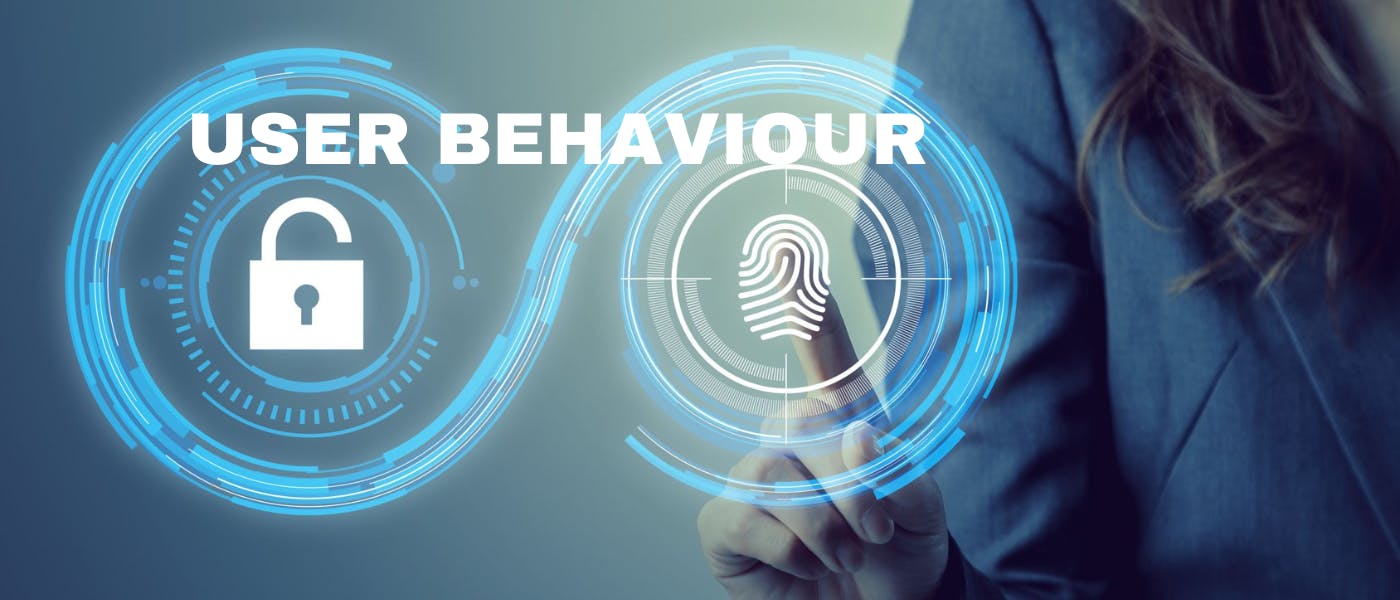361 reads
User Behavior: How Convenience Impacts Security Practices
by
October 5th, 2024
Audio Presented by

A Cybersecurity Analyst and Researcher with a proven track record in safeguarding organizations against cyber threats.
About Author
A Cybersecurity Analyst and Researcher with a proven track record in safeguarding organizations against cyber threats.
